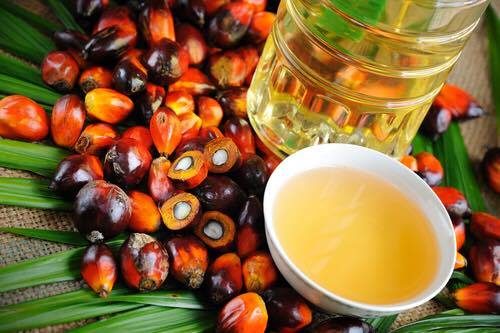
Indonesia’s agriculture ministry has said that crude palm oil (CPO) shipments would be excluded from a planned palm oil export ban.
The ministry said in a letter to local government leaders that the ban would however include refined, bleached and deodorized (RBD) palm olein. It was still unclear whether products such as RBD palm oil and palm stearin would be affected.
Indonesian President Joko Widodo announced the ban late on Friday. It will take effect on 28 April.
Jokowi, as the president is known, said that exports of cooking oil and its raw material would be banned but did not mention details. Traders were caught by surprise by the announcement that Indonesia, the world’s biggest palm oil producer, was halting exports of edible oil to ensure domestic food product availability.
Though an exemption of crude palm oil from the export curbs will be positive for global markets, the majority of Indonesia’s palm exports are in the form of processed oils that remain affected by the ban.
Global edible oil supplies were already choked by adverse weather and Russia’s invasion of major crop producer Ukraine, and now global consumers have no option but to pay top dollar for supplies at a time when global food inflation has soared to a record high.
Malaysian benchmark crude palm futures fell 2.09 percent after news that the ban only covered RBD olein, having jumped nearly 7 percent to their highest in six weeks.
“The massive short-covering fizzled out after hearing news that the ban only encompasses olein both bulk and packed from Indonesia,” said Paramalingam Supramaniam, director at Selangor-based brokerage Pelindung Bestari, according to Reuters.
He said there were still concerns that crude palm oil would be added to the list of banned products as it is the raw material for RBD palm olein.
According to Refinitiv Eikon, Indonesia exported an average of roughly 620,000 tonnes per month of RBD in 2021, compared to an average of around 100,000 tonnes of crude palm oil. Top destinations included India and Pakistan and Spain.
The government’s move to control rising cooking oil prices caused a slump in shares of its biggest palm oil companies on Monday, while the rupiah headed currency falls in Asia.
According to data from Indonesia’s palm oil association (GAPKI), exports of processed CPO in 2021 stood at 25.7 million tonnes or 75 percent of total exports of palm products. CPO exports were 2.74 million tonnes in 2021, or 7.98 percent of the shipments.
In January and February this year, processed CPO exports were 3.38 million tonnes or 79 percent of exports, while CPO exports were 90,000 tonnes, 2 percent of the total shipped.
























